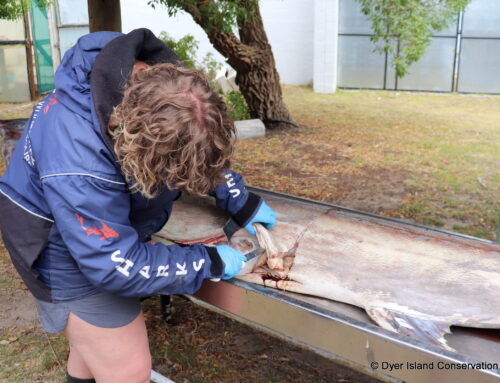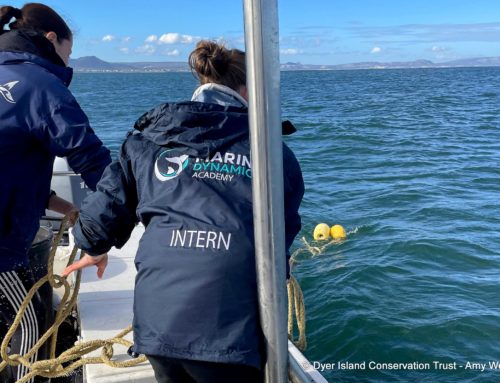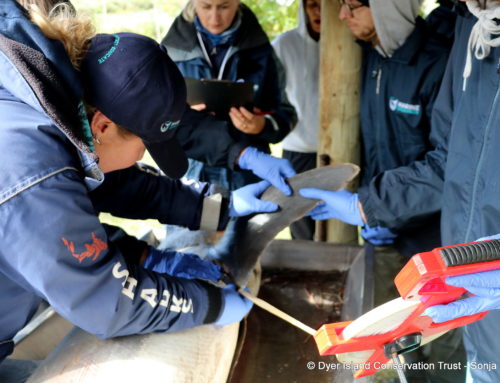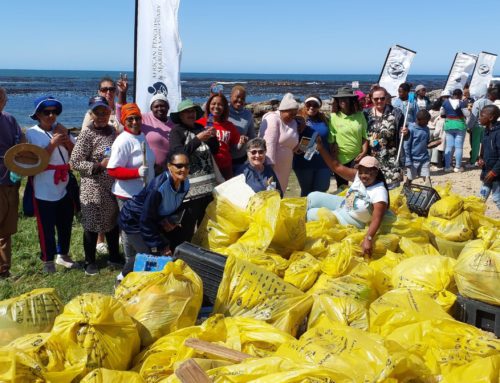A FIRST FOR AFRICA AND MARINE MAMMALS BENEFIT
June 07, 2010 by dyertrust
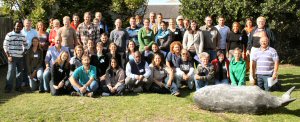
Participants hailed from South Africa, Namibia, Mauritius, Kenya, and Zanzibar. Of the fifty delegates were researchers, students, government officials, and tourism operators. Well known names included Prof. Peter Best andProf.Elissa Cameron (MRI), Mr Mike Meyer (Oceans & Coastspreviously Marine & Coastal Management), Dr Ken Findlay (University of Cape Town) and Dr.Vic Cockcroft (Director of the Centre for Dolphin Studies-Plettenberg Bay).

In order to start thinking about regional research and conservation priorities, the impacts that humans have on marine mammals and their habitat were highlighted. Areas of concern are oil and gas prospecting and production, commercial and artisanal bycatch, directed fishing, habitat degradation, coastal development, tourism, noise and environmental pollution and climate change (which may, or may not, be a negative effect).

A message that was repeated time and time again during the colloquium was a need for further cooperation and collaboration between groups. The South African research community outlined the data and samples currently in storage.
The International Whaling Commission (IWC) has called for alternative methods to those currently used by Japan in their scientific hunting of whales in the Antarctic oceans. The Australian government has sponsored this research and thus a programme called theSouthern Oceans Research Project (SORP)has been set up and was presented at the colloquium. Herman Oosthuizen of Oceans & Coasts is the South African representative at IWCs meeting (end May/June).
The meeting was such a success that everyone agreed it should be held at least every
Click herefor abstracts.

